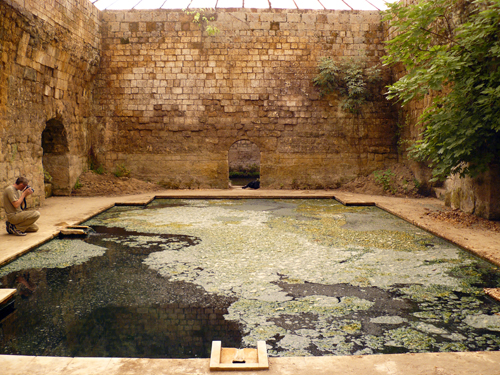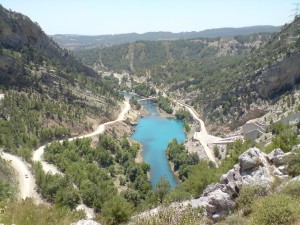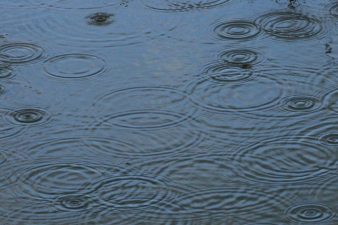 Allianoi Roman baths in better days. Is flooding this site for irrigation a “massacre” or unavoidable water reservoir project?
Allianoi Roman baths in better days. Is flooding this site for irrigation a “massacre” or unavoidable water reservoir project?
In a planned act that seems to be no different than bulldozing ancient archeological sites in Libya the Turkish government is going through with work to flood the ancient Roman hot springs spa of Allianoi. The site sits in a valley that will be flooded by a dam that will create a reservoir with a capacity to irrigate 8,000 hectares of farmland. The project, reported in Lebanon’s Daily Star includes wall painting frescoes and columns as well as beautiful mosaic floors. Even though efforts are being made to protect the site by covering it with a special coating and layers of sand (as Tafline reported), no effort was made on behalf of the Turkish authorities to let archeologists do a complete excavation of the site, which will soon be covered by at least 17 meters of water when the Yorganli Dam is completed.
Professor Ahmet Yaras, an archeologist who has been excavating the site for over 9 years, says that:
“Normally, cultural treasures need to be examined and registered before any action is taken on a site. Here, flooding the site before the excavation is complete is a ‘massacre’. There is no other ancient warm bath, health center in the world as well preserved as this.”
Prof. Yaras, adds that the site is still a long way from being fully excavated “with over 80% of it yet to see the sunlight.”. Even the hot springs that provided hot water for the thermal baths still issues hot water in parts of the site. The Turkish government’s seeming disregard for the heritage value of the site appears to reinforce earlier Green Prophet articles dealing with the country’s increasing water shortage problems.
Turkey used to have ample amounts of fresh water, and in the past has been a major water supplier to regional countries such as Lebanon, Iraq and Syria.
Professor Yaras adds that “it will be crazy to excavate the site” when it will eventually be covered by up to 15 meters of silt in 50 years time, as well as by the water from the dam. Area farmers are not as concerned, however, as they will benefit from the water. One farmer, Mehmet Aydin, thinks that the archeologists “are exaggerating” and that this site is “just another hot spring like many others in Turkey.”
Hot spring or not, a site that was probably one of the most popular in the Eastern Roman Empire, will be again lost to humanity by being covered up by a lake. As badly as Turkey needs this water resource, it seems that perhaps a less controversial site could have been found to create the lake. In a way, one could compare this to creating a lake at a Roman hot springs spa in Italy; or even in the City of Bath in the U.K., from which the city derives its name.
Turkish Culture Minister Ertugrul Gunay, appears to have dashed all hopes to save the site by saying that “the ruins of Allianoi were only discovered during drilling (for water) and remained in the ground for along time.” It looks like the site will now go back to the ground and will have to wait to be excavated again at a later date. The big question now is what condition the baths will be in when they are rediscovered sometime in the future.
Read more on Middle East archeological issues:
Libyan Archeological Sites Threatened by BP Offshore Energy Drilling
New Geo-Archeological Studies Reveal 2,500 years of Mediterranean Sea Level Fluctuations
Jordan Hopes for the Gulf and Levant’s First “Mixed” UNESCO Heritage Site
Image via Kulturhistorisk Museum, Oslo




Comments are closed.